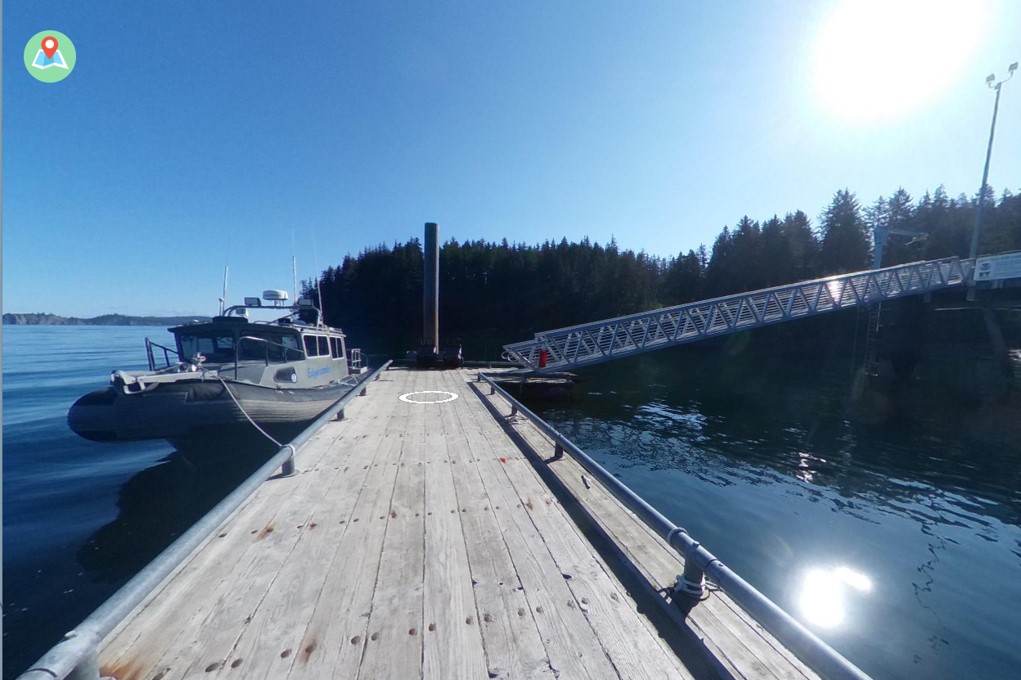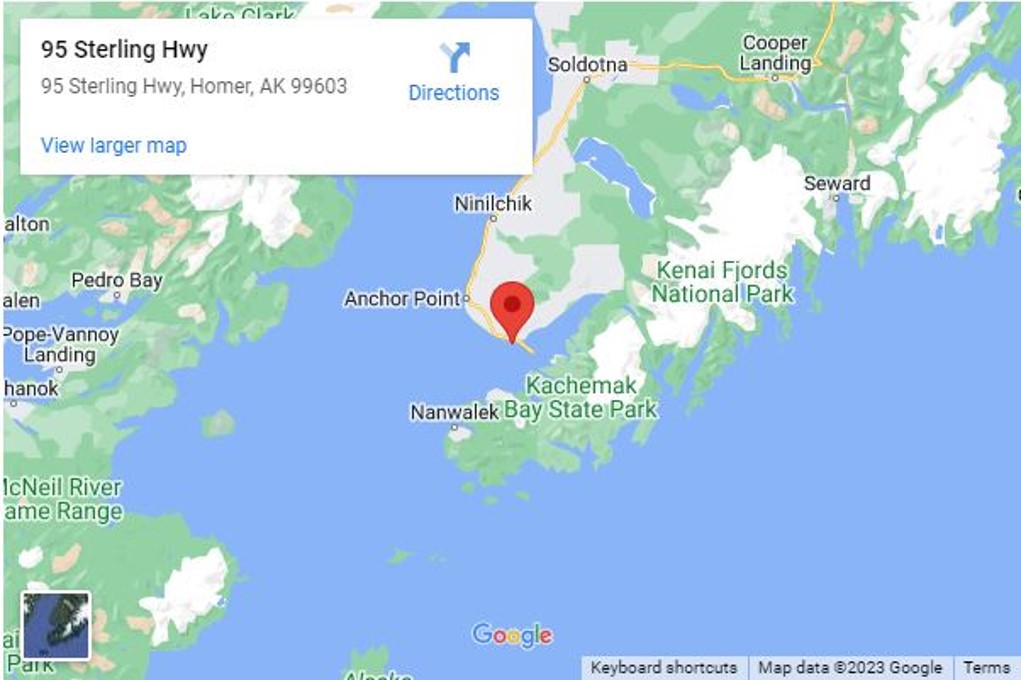NCCOS Kasitsna Bay Laboratory
The Kasitsna Bay Laboratory is a field station of the National Centers for Coastal Ocean Science (NCCOS) under NOAA’s National Ocean Service. NCCOS partners with the University of Alaska Fairbanks on lab operations and research. The lab is a part of NCCOS’s Marine Spatial Ecology Division and conducts research on coastal impacts of climate change, ocean acidification, harmful algal blooms, and oil spills and hosts federal, state, tribal, and university researchers.
Areas of Focus
Outreach and Community Engagement
NCCOS partners with the Center for Alaskan Coastal Studies, K-12 schools, universities, and tribal groups to provide marine science education for K-12, undergraduate and graduate students. Community outreach includes internships, undergraduate and graduate classes, scientific diver training, K-12 science camps, teacher training, and adult learning. NCCOS also works closely with Alaska Native communities and coastal managers to provide science-based information to adapt and help sustain our coastal resources for the future.
About the Kasitsna Bay Laboratory
The Kasitsna Bay Laboratory has been the Alaska field station for both NCCOS and the National Marine Fisheries Service since the late 1950s. The University of Alaska Fairbanks helps NCCOS operate the lab. The facility includes a 1,400 square-foot, running seawater lab that hosts research on coastal impacts of climate change, ocean acidification, harmful algal blooms, and monitoring and change of nearshore biodiversity. The lab also serves as a testbed for underwater technology in high-latitude coastal ecosystems and under rugged conditions. This facility includes dormitory buildings with housing, kitchen, laundry, and internet for up to 48 people.
Additional NCCOS Work in Alaska
NCCOS work within Alaska’s coastal ocean waters extends beyond Kasitsna Bay Laboratory and staff.
Featured Stories


